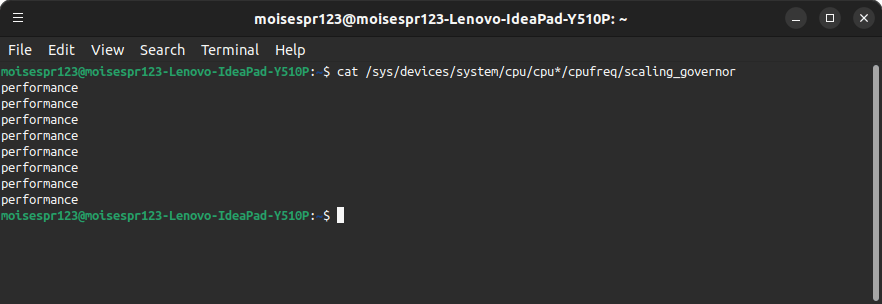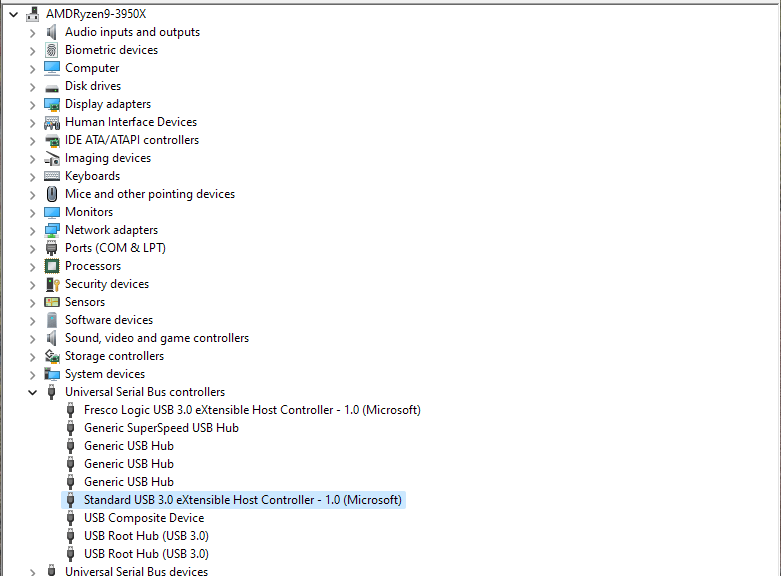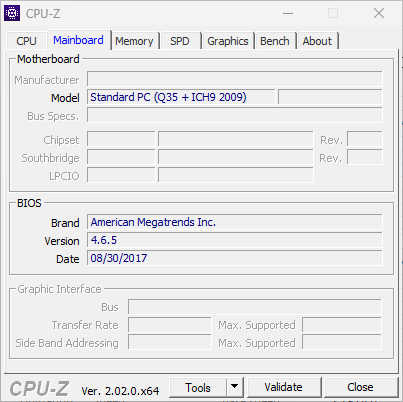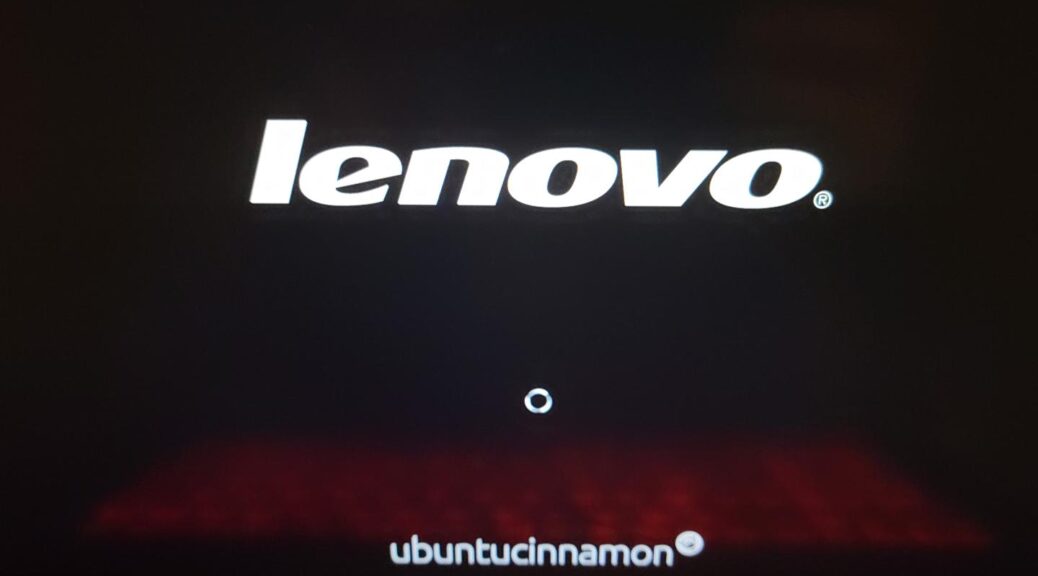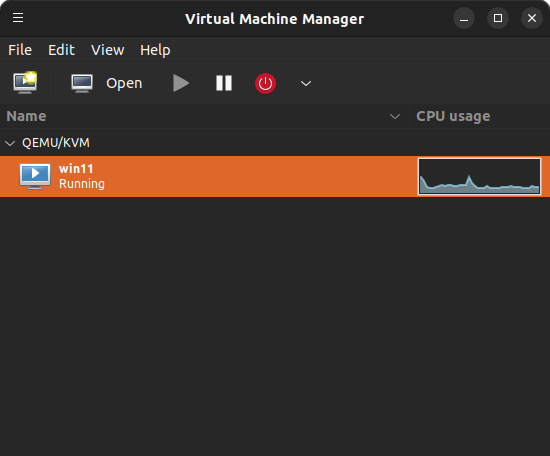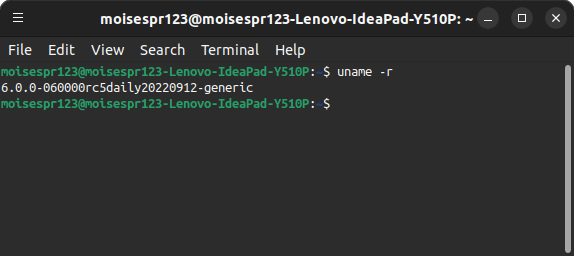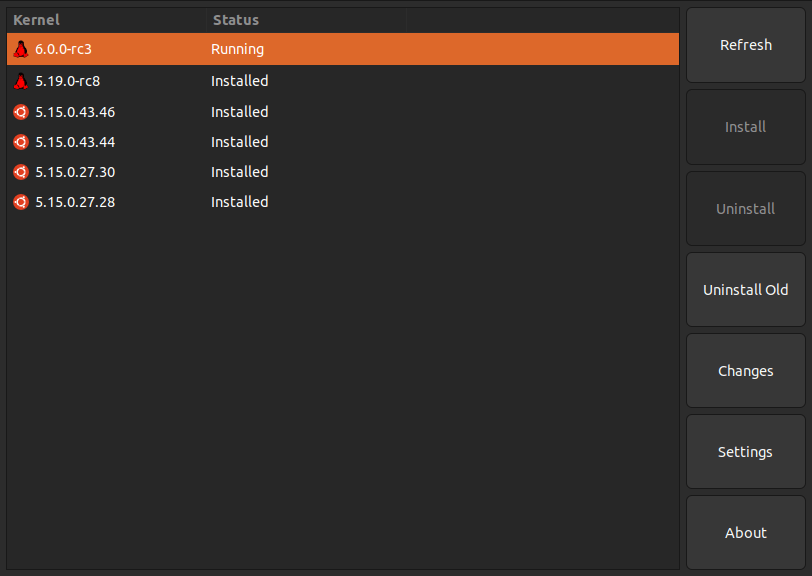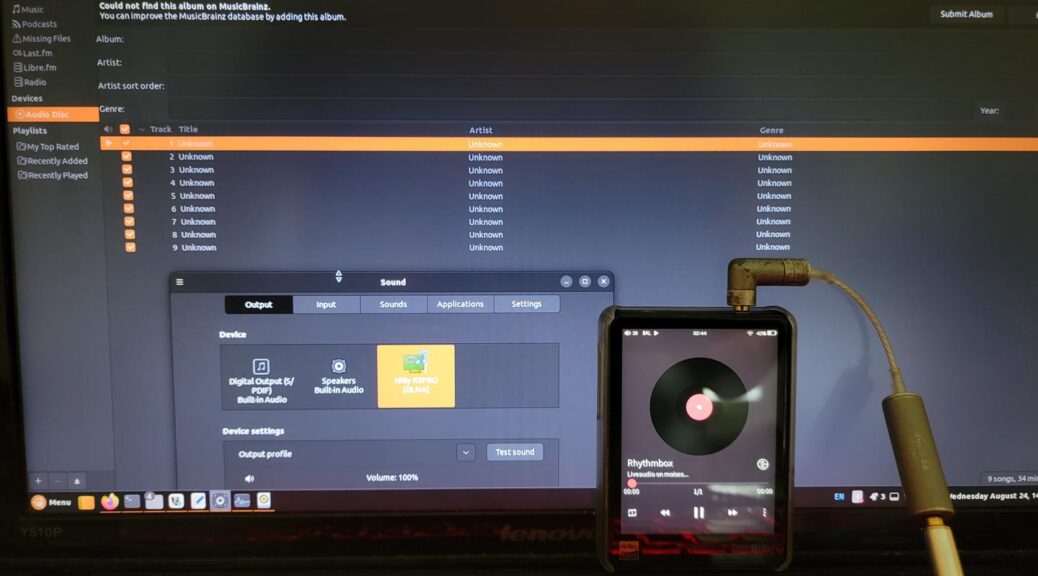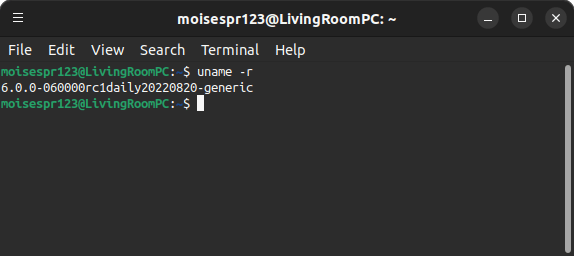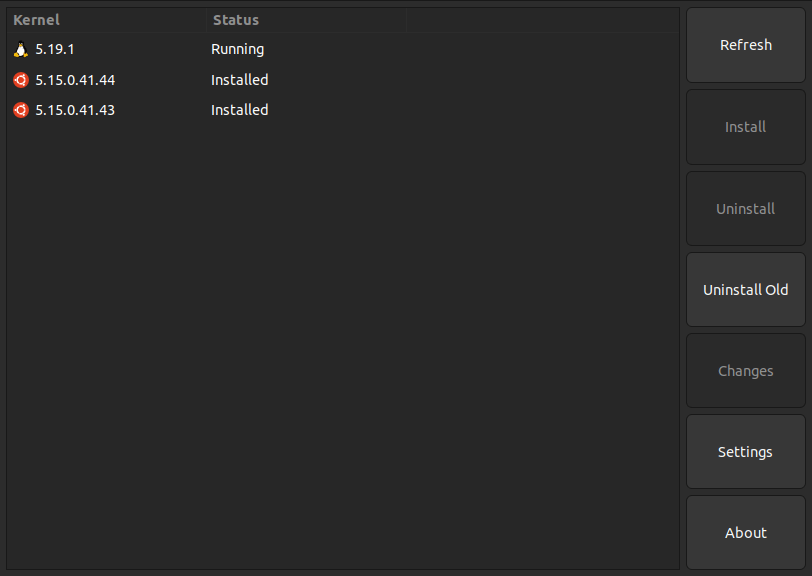Changing the CPU Governor to Performance in Linux
Hi everyone, In this post, I’ll show you how to change the CPU governor in Linux to the Performance mode. This will allow your machine to run to its full potential as the CPU will be running to its maximum supported clock regardless of the load. Normally, we can choose between these CPU scaling governors: Therefore, if we want to get the maximum performance, we should use the performance governor. Some Linux distributions may also use another governor called schedutil…
